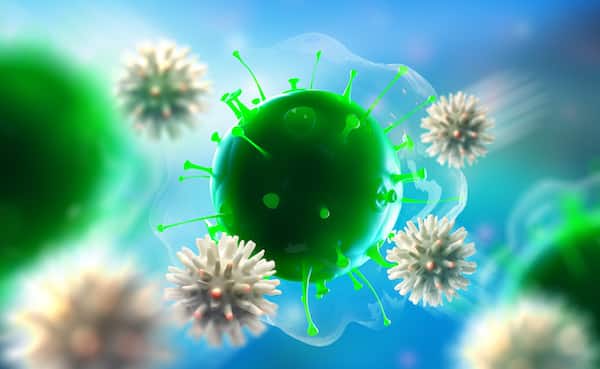
An Exploration of Covid-19 Immunity Possibilities
As the cold and flu season approaches, many experts expect a second wave of Covid-19. Much debate exists among scientists and lawmakers regarding the best approach for minimizing the potential effects of another round of the virus. A common proposal hinges on the concept of immunity, though no decision has yet been made in regard to how to achieve this goal. Here, we explore the Covid-19 immunity possibilities.
Natural Immunity
One can develop immunity to a virus in various ways. Natural immunity occurs as an infected individual recovers. The body comes to recognize the virus as malignant and will immediately destroy the virus if exposed to it in the future. The primary drawback to this method of immunity is that an individual must contract the disease. Many individuals prefer to avoid sickness when possible. Others would prefer to contract the virus at a chosen time, allowing them to be sure whether or not they are, in fact, contagious and can take proper precautions.
Artificial Immunity
A common form of artificial immunity comes from vaccines. In order to forego becoming ill, many people opt for this method. During vaccination, a small (or diluted) amount of the virus is introduced into the bloodstream. The vaccine is designed to provide the right amount of infection so as to cause the body to produce antibodies without causing the individual to experience any symptoms or become contagious. One concern with Covid-19 vaccines is that they, being newly developed, have not been adequately tested for long-term effects.
Immunity Concerns
The concept of immunity is centered around disease eradication. As with polio and smallpox, Covid-19 can virtually disappear if individuals worldwide develop immunity through one method or another. Experts, however, question the practicality of true immunity. Antibodies are developed at various levels, which vary from one individual to the next. This means that even highly effective vaccines may not work on all people. Furthermore, due to the evolving nature of viruses, it is probable that a new strain will emerge. Existing vaccines, once developed, may not have any effect on a different strain of the virus.
The Covid-19 pandemic has led to several new developments both in treatment and prevention. While immunity is an ideal prevention technique, its practicality is still in question. Experts dedicate much time and effort to finding the most viable method of prevention. While absolute prevention has not yet been established, cleanliness, minimal contact (including social distancing), and personal protective equipment can reduce the risk of infection.
For more updates, tips, and resources related to the healthcare industry and infection control, visit the Coast Biomedical blog.




